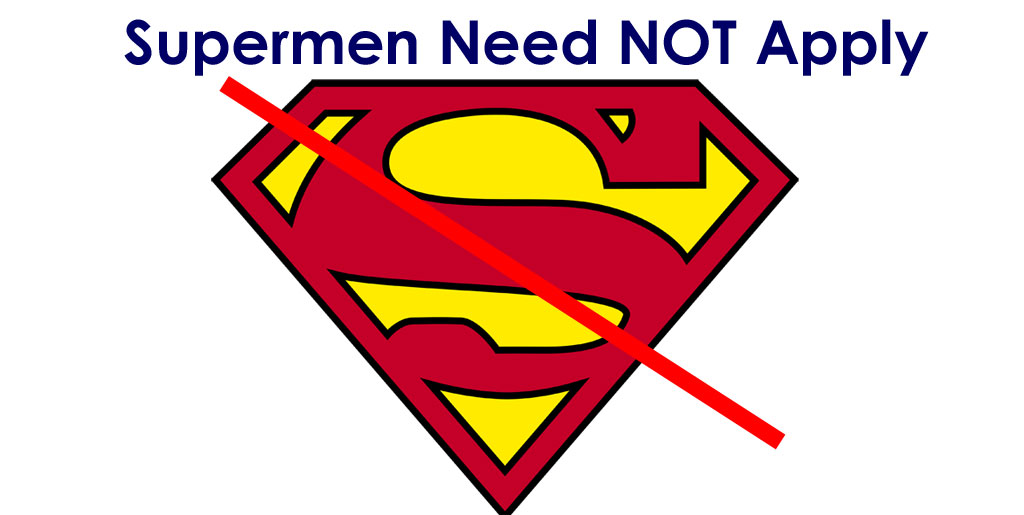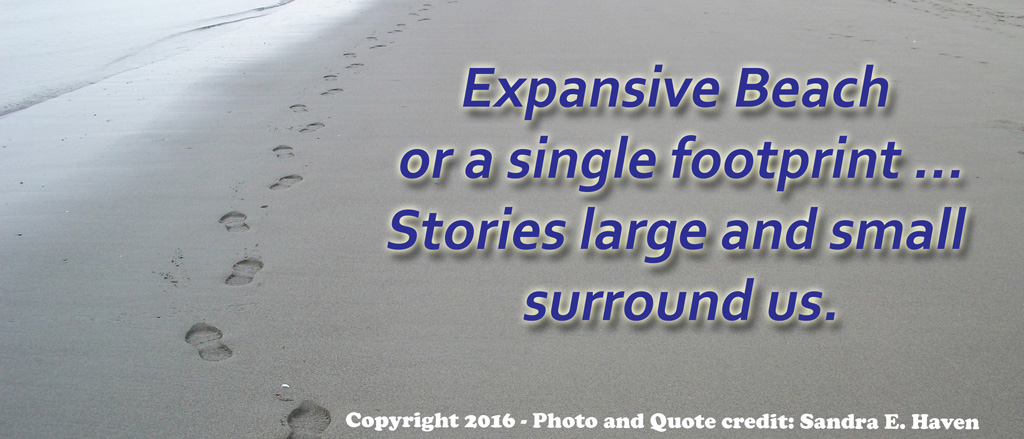When Do Weak Characters Spell Publishing Success?

Is your protagonist charming? Uh-oh! That may seem good, but then why is it many successful protagonists are weak, sad or, at least to a degree, miserable characters? How come?
Many books and movies focus on the little kid who needs to save the universe; the person forced to fight for survival; the dog looking for his home; or any manner of weak, young, reluctant, or in some way unlikely or seemingly incapable hero. Why is there is nothing quite like an underdog to make audiences worry over a main character?
Protagonists come in several varieties:
- The Any Man/Woman (everyday hero)
- The Amazing or Capable (superhero)
- The Despicable or Unworthy (antihero)
- The Weak or Miserable (underdog)
Successful books can be written with any of these types of main characters. But which are the most likely to be successful? The Underdogs.
* Any Man/Woman: Many new writers assume readers want someone “like them,” a generic person who faces issues and solves problems. When authors try to write such a protagonist they often find a couple of problems. First, a “normal” person is hard to find! We nearly all have issues and baggage. So writing with a generic, everyday type isn’t so easy. Second, if you do succeed in writing that “this could be anyone” character, well, you just might find he isn’t that darned interesting. Yikes!
* Superheroes Save the Day! Okay, so how about the Superman or James Bond types? Here the story line itself better be pretty darned fascinating because readers don’t have to worry about the main character—they know superheroes survive! Yet a majority of successful books even with a superhero have that character as a conflicted, riddled-with-the-past type, even if in the book’s opening the character looks in control. Superheroes have baggage, too, and we relish discovering the Kryptonite weaknesses.
* The Antihero is another valid type of main character who needs a careful helping hand from the writer. If the antihero is too despicable the reader either wants him to fail or even die, which would make for an abrupt “end of book!”, or the reader just closes the book. What makes some antiheroes work? The antihero needs to be, again, someone with a few weaknesses and problems which will (readers hope) redeem that antihero in some way in the future.
Again with that weakness issue?
This seeming obsession with weakness is the same impulse that makes us cuddle puppies, rock babies, and open a door for someone with a leg in a cast. Like it or not, we recognize that we all are weak at some stage in our lives, need help at times, and seek someone to solve our problems or show us the way.
* The All Too Adorable Underdog: Ahh, now underdogs serve an important purpose. They remind us that we are all too human with bills and headaches, weird neighbors and some past history, fears and dashed dreams we’d rather not mention. More important, the underdog story gives us hope that for all our own flaws and shortcomings that we could really ramp it up if we had to. Like, well, that kid or dog or unhappy character who faces horrendous tasks and—succeeds!
Now, that doesn’t mean that success isn’t without trials and problems along the way. Time and again, our hapless protagonist faces problems, each time seemingly getting deeper into, well, you know. But that is a good thing for the book and your reader!
- Because those problems ALSO make us think of our own lives and our own need to buckle up and get stuff done.
- Plus we just love that someone else has things going even worse for them than we have in our lives.
- And we love it all the more when they then overcome those troubles to end up massively successful.
So when you consider who your main character will be, or while you revise to deepen your characterization, consider this: weakness in a character can be a strength in your book!
Next Article: Success comes with a price. Both for the character and for the author creating the character. Knowing that price—and how to pay it—can make all the difference between a successful and a not-so-memorable story. And THAT will be in my next article…
New to “Sandra’s Tips”? Click here to sign up for my newsletters.
Follow me on Facebook or if you want information on my editing services, see my websites at Bristol Services Intl. or SandraHaven.com
Or just email me using the form below and let’s discuss YOUR book project!







